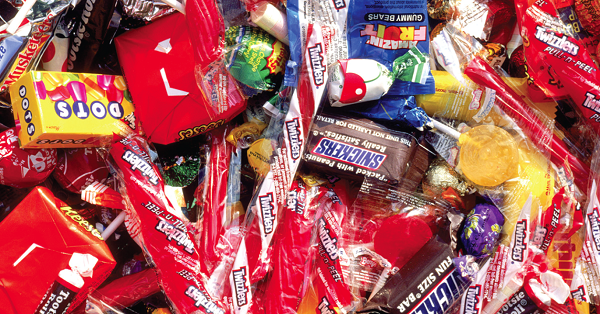
Expired food items back on shelves
The Christmas season comes with a variety of known and unknown brands on the market. However, one thing you must look out for when shopping for Christmas are expired and unwholesome goods.
In a market survey, this reporter came across numerous expired food items which were being offered to customers, on the floor, in trays, trucks and trolleys.
The items included fruit juices, chocolates, biscuits, margarine, cheese, butter, cookies, toffees, spices, milk, canned drinks, paper wines, canned tomatoes, tin mackerels, cornered beef, sardines, yogurts, pasta, salad dressings, and mayonnaise, among others.
If, like most prudent shoppers, affordability is a big criterion for making purchases, there is always a risk that you may be seduced by prices to patronise wares without taking the manufacturing dates and shelf life into consideration.
You would then discover to your dismay that you have been persuaded to buy such expired food items for consumption.
Products like cheese, milk and butter which are not supposed to be exposed to direct sunlight are sold under the scorching sun regardless of manufactures instructions.
Recently, the Food and Drugs Authority (FDA) seized over a tonne of expired goods including medicines, beverages and baby foods from various shops.
The seized items included antibiotics and analgesics, baby foods such as Aptamil, cerelac, biscuits, energy drinks, lucozade, margarines, dairy products, sanitary pads and many others from pharmacy shops, supermarkets and filling station marts as well as the markets.
Moreover, the FDA impounded a container loaded with about 2,800 cartons of chicken at a private warehouse over suspicions that they were unwholesome. The regulator had earlier destroyed 4,500 cartons of unwholesome canned fish that were said to be on transit to Togo, but had been diverted onto the Ghanaian market.
Most packages of food include a sell-by or use-by date that helps retailers and consumers know how long each item is safe for consumption.
Eating foods that have expired exposes consumers to risk from certain illnesses or health conditions.
In a 2012 study conducted in Kumasi, three University of Education scholars – Patricia Ababio, Doreen Adi and Martin Amoah — noted that “Consumers willingness to buy expired products and avoidance of strict adherence to storage instructions calls for public education on the dangers associated with temperature abuse and use of expired products.”
Dr Alexis Awuni, a Food Safety expert, told The Mirror that if you habitually eat food that has expired, you might be missing out on vital nutrients.
“Even if the nutrition label indicates that a food product is nutritious, it might not contain as much of each nutrient as the label suggests. Therefore, if it has expired that potentially degrades the nutritional value,” he explained.
According to him, “generally, the labelling tells the store how long to display the product for sale. You should buy the product before the date expires.
“This is basically a guide for the retailer, so the store knows when to pull the item from the shelf. The Best if used by (or before) date refers strictly to quality, not safety. This date is recommended for best flavour or quality of the products.”
Dr Awuni said the Use by date is the last date recommended for the use of the product while at peak quality. With this, the date has been determined by the manufacturer of the product.
“It is common to also see Pack date on canned or packaged goods, as a rule, but some of these packaging rules had been altered,” he observed.
